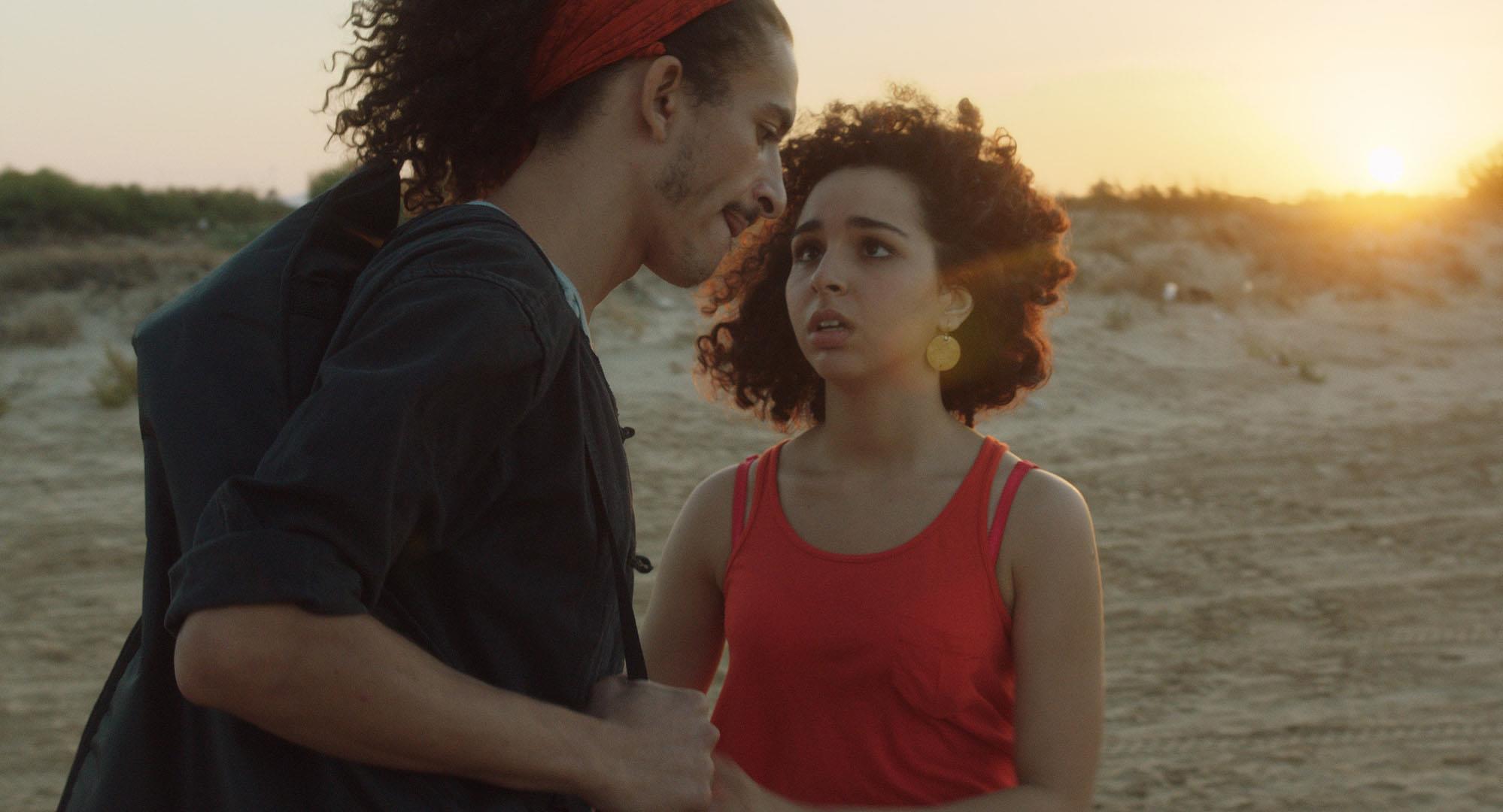
Arab Women in Cinema
by Yasmina Tawil
The Arab Film and Media Institute (AFMI) is a nonprofit organization founded by the team behind the largest and oldest Arab Film Festival in North America. Through film, education, mentorship, and new media, our mission is to enhance public understanding of Arab culture and provide insight into the beauty, complexity, and diversity intrinsic to the Arab world.
With this mission in mind, we were delighted when OVID reached out to us to partner on the curation of a collection of films for Arab-American History Month this April. OVID already has a number of Arab films on its platform, many of which we have featured at our film festival or other programming throughout the years. Our two teams got together and brainstormed many more Arab films we’d love to see on OVID in the future, but for this particular project, we chose to focus on stories by and about Arab women.
While there are incredible Arab filmmakers across the gender spectrum, highlighting women’s art and stories has always been extremely important to AFMI. The role of women throughout Arab society is very much misunderstood and misrepresented by Western people and media. Oftentimes well-meaning people with misplaced intentions have used gender issues within our culture as a way to demonize us and reinforce negative stereotypes that support peoples’ racism, bigotry, xenophobia, and Islamophobia. While women throughout the Arab world do, of course, experience misogyny, limiting gender roles, and gender-based violence, they are not inherently more or less empowered than women are in the United States. We find it very important to give women the platform to talk about their experiences, both positive and negative, and gender-based or not, to give audiences a more nuanced understanding of what it means to be an Arab woman.
As I Open My Eyes
As I Open My Eyes by Leyla Bouzid is a Tunisian film from 2015. Set just before the Jasmine Revolution, a nearly month-long uprising that began in December 2010, in protest of the economic hardships and political repression of the government, which led to subsequent protests across the region in what was known as the Arab Spring. At the center of this story is Farah, an 18-year-old girl with a passion for music who steps out of her traditional role and sings in a political rock band. Her mother discourages her from following her dream of becoming a singer, hoping instead that she instead become a doctor. Her reasoning is not because of money or prestige but only because she is worried, knowing how dangerous this path may be. This film was part of the Arab Film Festival in 2016. Leyla Bouzid’s 2021 film, A Tale of Love and Desire, which opened the 2022 Arab Film Festival Collab, is also on OVID and we highly recommend it as well.
Sirens

Sirens is a documentary film from 2020 by Moroccan-American filmmaker Rita Baghdadi chronicling the lives and music of Lebanese metal band Slaves to Sirens. We watch the members wrestle with friendship, sexuality and living throughout the last few extremely difficult years in Lebanon, with the 2019 Revolution (also known as the October Revolution), the Port Explosion, and the country’s economic collapse. At the band’s core are its two founding members, Lilas Mayassi and Shery Bechara, whose complicated relationship and subsequent tense fallout threatens the very fabric of the band. An even greater looming threat, however, is Lebanon’s criminalization of homosexuality, as well as the wholly devastating effects of their country’s political regime. Despite their obvious challenges, the members of Slave to Sirens persist in trying to create a revolution of their own: living their truth. AFMI supported Sirens throughout its theatrical release in 2022 and we had the honor of screening it as part of our Arab Women in the Arts showcase in 2023.
Watch Sirens
Beauty and the Dogs
Beauty and the Dogs (2017) is the first narrative feature by Kaouther Ben Hania, a Tunisian filmmaker known for her more recent Oscar-nominated works, Four Daughters (2023) and The Man Who Sold His Skin (2020). In this heartbreaking story, Mariam, a young Tunisian woman, is raped by police officers after leaving a party. She must endure a harrowing night in which she must fight for her rights even though justice lies on the side of her tormentors. Not only is this film a striking critique of gender biases and repression in society, it showcases Ben Hania’s filmmaking creativity and cinematic eye, especially when it comes to color. The film is told in 9 chapters, each of which is a single sequence shot. AFMI had the honor of showcasing Beauty and the Dogs as part of our Arab Film Series Online in 2020, where we aimed to raise awareness about this type of violence and raise funds for organizations that support survivors.
Naila and the Uprising
Naila and the Uprising by Julia Bacha is a 2017 documentary about a young woman named Naila Ayesh who is living in Gaza during the First Intifada in 1987. She joins a network of women in a movement that forces the world to recognize Palestinian rights to self-determination. The film documents her journey and a community of women who are at the forefront of an incredible nonviolent movement. While Julia herself is not Arab, she has long used her camera to give a platform to Arab voices and stories, especially those in Palestine. Naila and the Uprising was also part of our Arab Film Series Online, this time in 2023, as part of a program focusing on stories of nonviolent resistance in Palestine.
Watch Naila and the Uprising
Rock the Casbah
Rock the Casbah by Laïla Marrakchi is a 2013 comedy-drama, set throughout a funeral. The death of Moulay Hassan brings together his family for a three-day mourning period. As they gather to remember Moulay at his beach villa, his youngest daughter Sofia arrives, after many years living in Hollywood as an actress, against her father’s wishes. Her presence sends the family into chaos, settling old scores and revealing new secrets. This film also stars three of the most famous and well-regarded actresses from across the region: Nadine Labaki from Lebanon, Hiam Abbas from Palestine, and Lubna Azabal from Morocco. Rock The Casbah closed out our 18th Arab Film Festival, all the way back in 2014.
Papicha
Papicha by Mounia Meddour is a 2019 drama set in Algiers in the 1990s, during the Algerian Civil War. It tells the story of an 18-year-old girl named Nedjma who loves fashion. But during this time in Algeria, Islamic radicalism was on the rise and there was a push for women to cover their heads, dress more modestly, and stay at home, stripping them of their personal freedom. Nedjma is a rebellious teen, though, and decides to create a fashion show as a symbol of resistance. AFMI co-presented a special screening of this film in San Francisco in early 2020.
We hope these films spark an interest in viewers about Arab women’s stories and open a conversation that can help to dismantle the stereotypes and misconceptions many people hold. These films are only the tip of the iceberg and we at AFMI hope to bring more of incredible work by Arab women filmmakers to the platform in the future.
Yasmina Tawil is a film programmer and curator specializing in Arab cinema. She is currently the Director of Film Programming at the Arab Film and Media Institute (AFMI).
The Arab American Heritage Month Collection is available to view in full here.

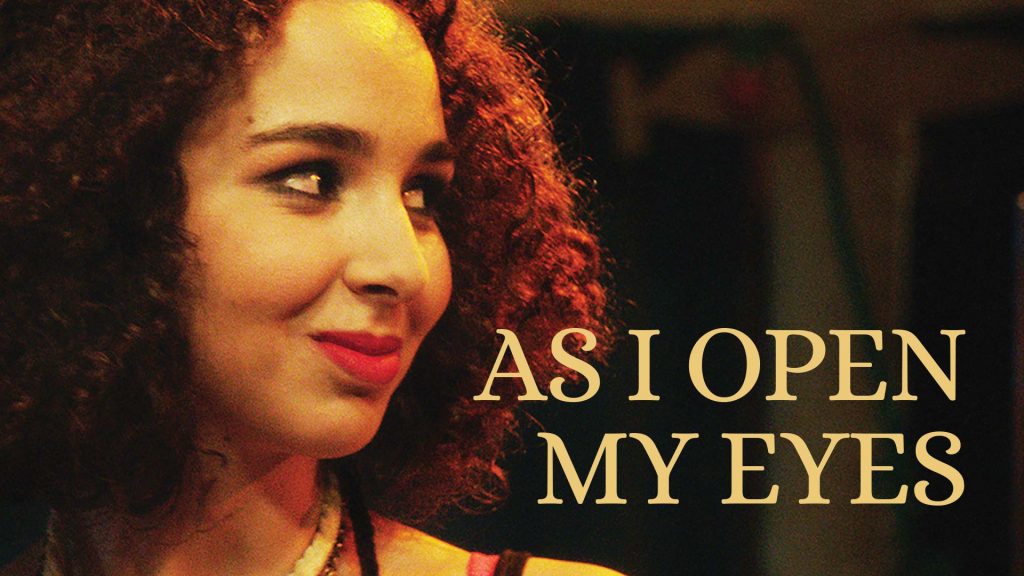
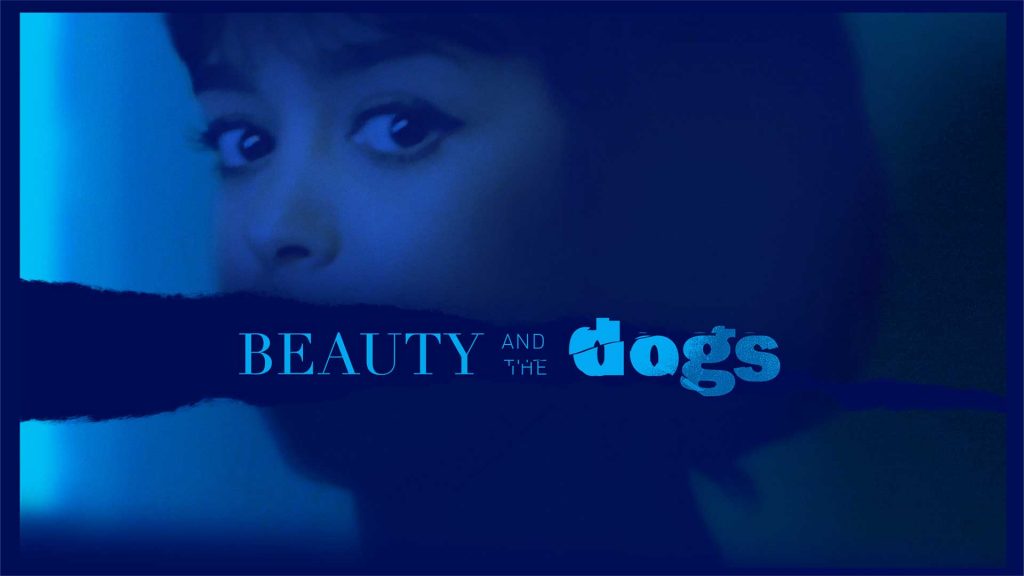
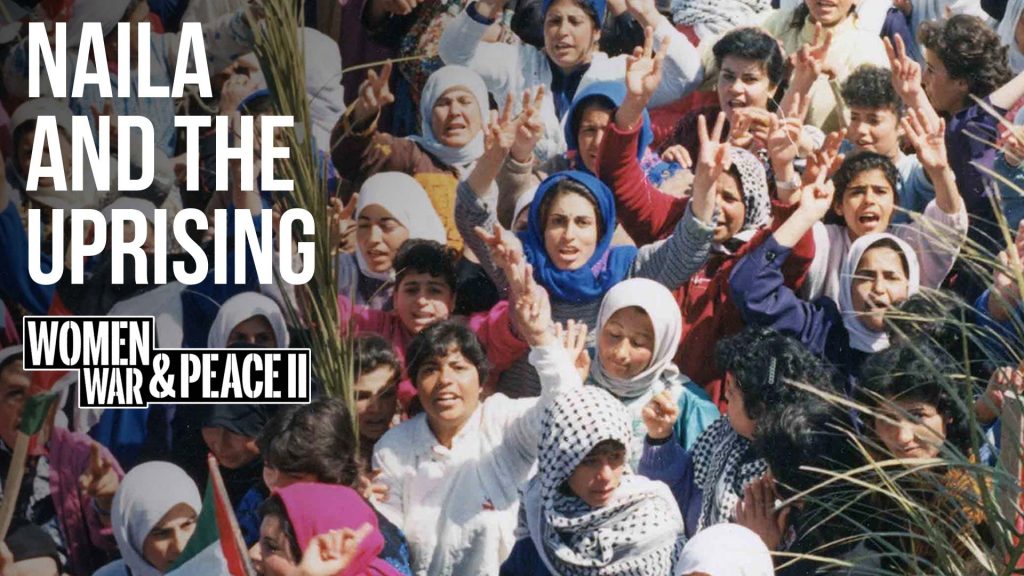
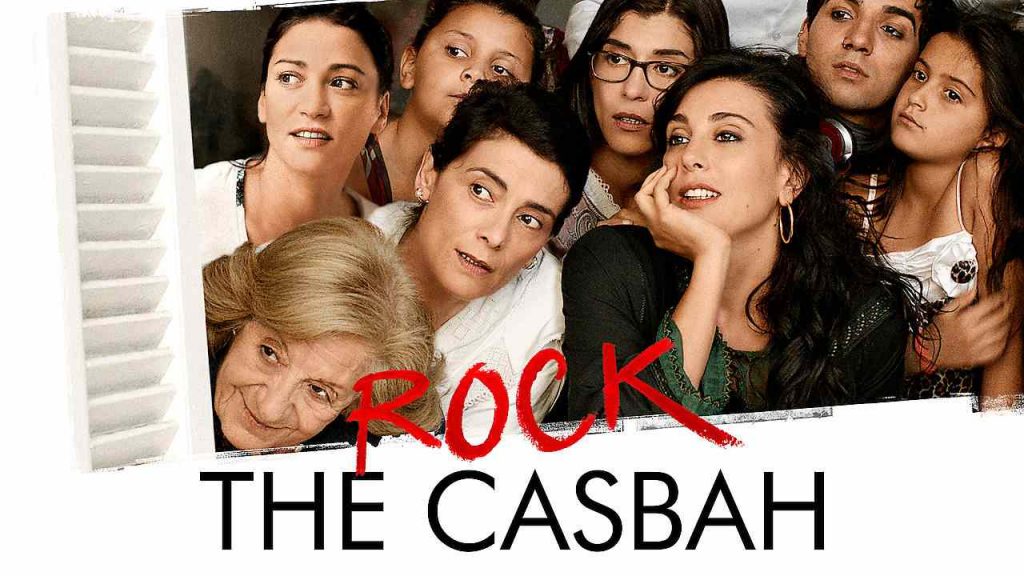
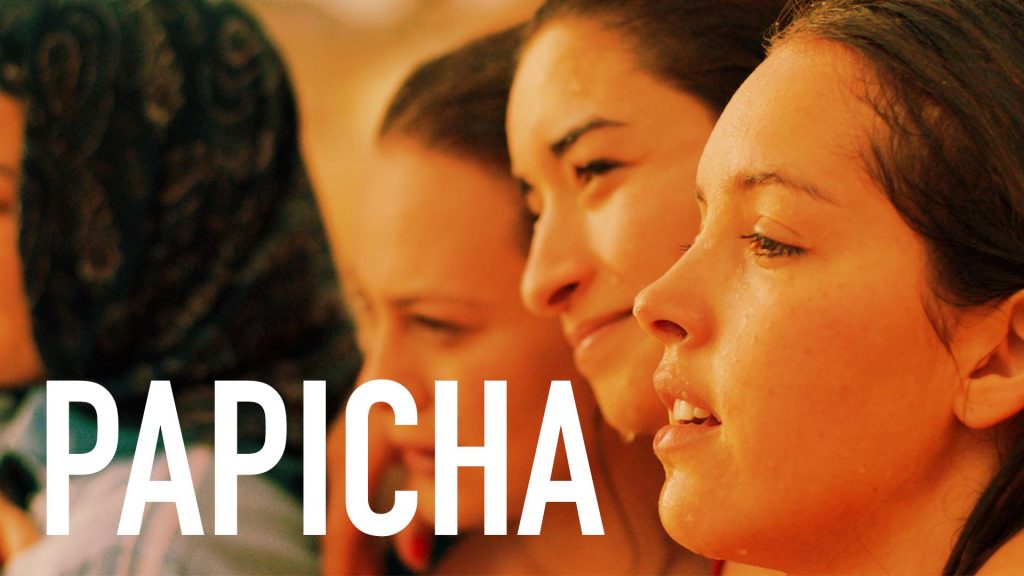
ken conry
it’s a good start for Arab film makers but what I hope for is more ENTERTAINING MOVIES. IS there anyone who wants to work with uniting east and west with more universally entertaining movies?